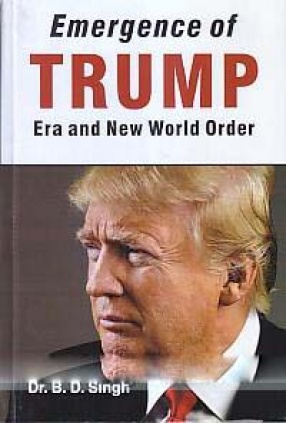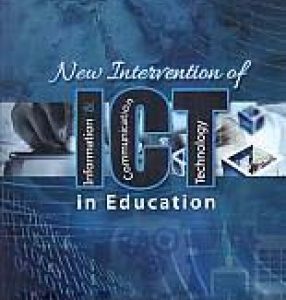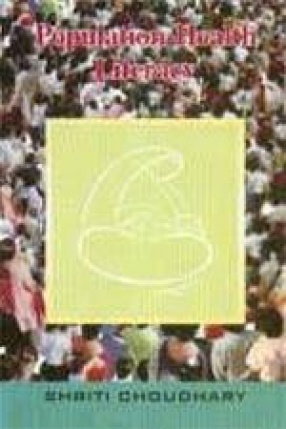The institutes of various sages, as embodied in the Dharmasastra, which form the primary source of the Hindu law, treat law in the widest sense of the term. In these institutes, no distinction was drawn between positive law on the one hand and laws of morality and religion on the other. But the religion on the other. But the distinction appeared gradually, some traces of it can be found in the institutes of Yajnavalkya, which devote a separate chapter, calle dVyavahara, to the positive law. This authority is held in the highest esteem by the Hindu lawyers. The Mitaksara of Vijnanesvara. Which gives a systematic exposition of the law and is held to be the highest authority in almost all schools, professes to be but a commentary on Yajnavalkya. The most important part, the Vyavahara, as in Yajnavalkya and Mitaksara, comprises the sections on the law of inheritance and succession. The gradual development of the Hindu law, which was originally moulded by the institution of family, consisted of the recognition of individual rights and in the introduction of cognates as heirs in preference to more distant agnates. The Viramitrodaya, composed by Mitramisra (17th cent.) is a well known treatise (nibandha) and has always been regarded as an authority of considerable importance by the High Courts and legal experts in British India. It presents in a very systematic way the views of Yajnavalkya and Mitamisra and upholds their opinions, particularly of the later against critics like Jimutavahana. It also gives a satisfactory exposition of which may have been left doubtful by the Mitaksara. The section on Vyavahatra or litigation of the Viramitrodaya is divided into four parts, the third of which describes eighteen topics of litigations, one of these topics being law of inheritance and succession, called Vibhaga or Dayabhaga, i.e. partition of inheritance. The present volume contains the text of the Vibhaga portion of the Viramitrodaya with an English translation by a versatile scholar and famous practicing advocate of the Calcutta High court in the late nineteenth century. The publication will prove to be of great research value for the study of the evolution of Hindu law of inheritance and some of the Hindu social problems.
Hindu Law of Inheritance: As in Viramitrodaya of Mitramisra
In stock
Free & Quick Delivery Worldwide
reviews
Bibliographic information
Title
Hindu Law of Inheritance: As in Viramitrodaya of Mitramisra
Author
Edition
Reprint
Publisher
Length
xv+286p., Index; 23cm.
Subjects






There are no reviews yet.